
- Trusted by Over 2000 Schools Nationwide
- Top-Rated PD Provider ★★★★★ 4.77
- Save with our Kits & Packages – Shop Now! →
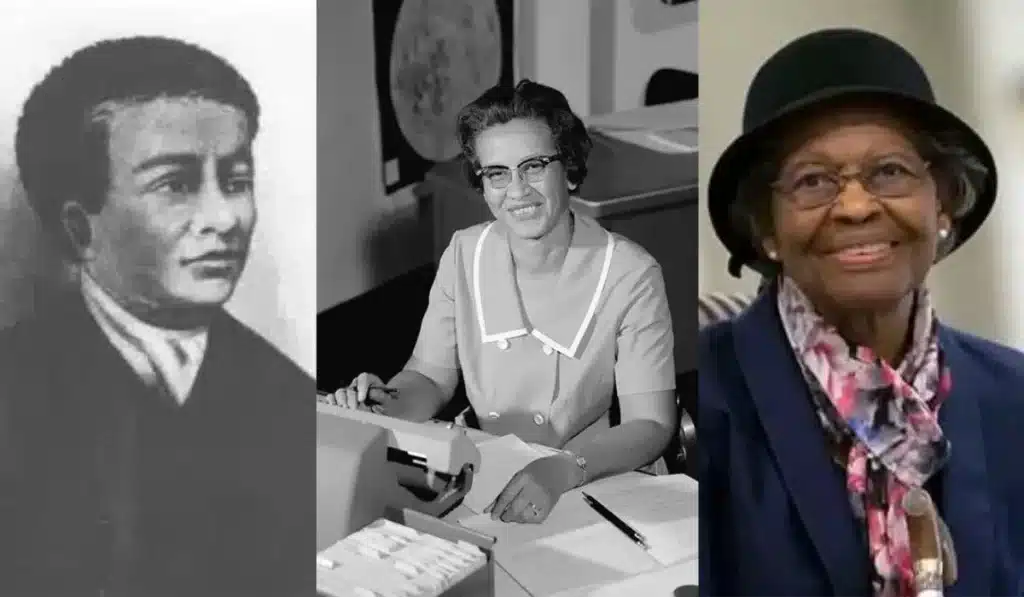
February is Black History Month – an annual celebration of achievements made by Black Americans. As educators, we can celebrate by discussing the accomplishments of Black Americans with our students. Their contributions throughout US history are numerous and significant! Math & Movement wants to highlight the black mathematicians who have greatly impacted our nation and the future of mathematics.
Here’s our list of nine notable black mathematicians and how they broke barriers to advance math and science as we know it. We think your students will be amazed at what they accomplished!
Benjamin Banneker was a self-educated mathematician and astronomer. Most notably, he built America’s first clock at age 24. Additionally, he was able to accurately forecast lunar and solar eclipses.
Banneker’s discoveries are amongst the earliest of Black mathematicians in the US.
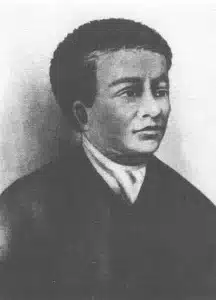
Elbert Frank Cox was the first Black American to receive a PhD in Mathematics (1925, Cornell University). During his 40-year-long teaching career, he taught at Howard University and West Virginia State College.
The National Association of Mathematicians established the Cox-Talbot Address, which is delivered at annual national meetings in Cox’s honor. The Elbert F. Cox Scholarship Fund, which helps black students pursue studies, is also named in his honor.
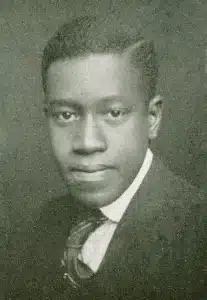
Dudley Woodard was the second Black American to earn a PhD in mathematics (1928, University of Pennsylvania). He established the mathematics graduate program at Howard University. Praised as one of the greatest Black mathematicians of all time, Woodard had many incredible accomplishments.
Reputable mathematics journals published his thesis and other research. He also taught college-level mathematics for 40 years and mentored several other PhD students.

Martha Euphemia Loften Haynes was the first Black American woman to earn a PhD in mathematics. In 1943, she earned her PhD in Mathematics at The Catholic University in Washington, D.C. She was the first woman to chair the DC School Board.
Later, Haynes served as math chair at Dunbar High School and at D.C.’s Teachers College. She established the math department at Miner Teachers College and taught part-time as an adjunct professor at Howard University. She played an instrumental role in changing the face of the education system for Black students.
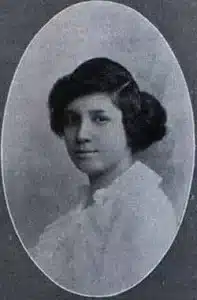
Marjorie Browne was the third black woman to earn a PhD in mathematics (1949, University of Michigan).
She chaired the mathematics department at North Carolina College and, in 1960, established an electronic digital computer center there, one of the first of its kind at a minority college.
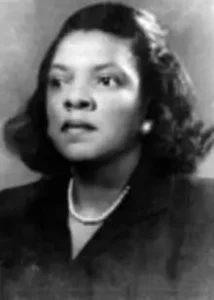
Movement isn't just for recess
Want to get started with movement-based learning right now? Enter your email to get our training manual with over 250 active math movements. No materials necessary!
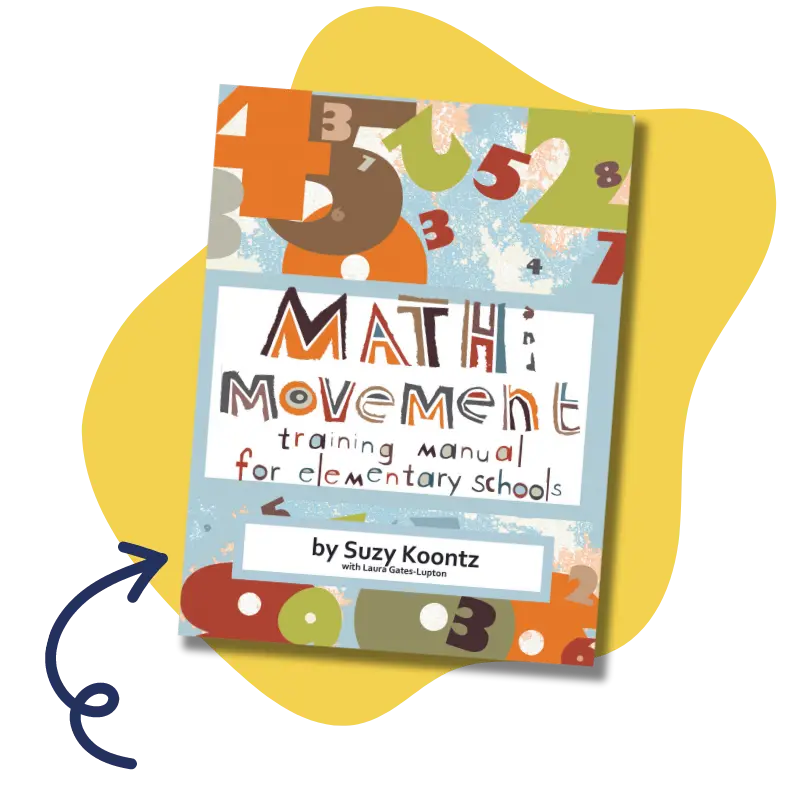
See how simple adding movement can be!
David Blackwell was an incredible American statistician and mathematician. He made significant contributions to game theory, probability theory, information theory, and Bayesian statistics.
Blackwell was the first Black American inducted into the National Academy of Sciences and the first Black tenured faculty member at UC Berkeley. Additionally, he was the seventh Black American to receive a PhD in Mathematics.

Jesse Ernest Wilkins was a world-class American mathematician, mechanical engineer, and nuclear scientist. He attended the University of Chicago at the age of 13, becoming its youngest student. During his life, he earned five science degrees.
Wilkins worked as a contributor to the Manhattan Project during World War II. He wrote almost 100 scientific papers (over 55 in mathematics). In 1965, he became the second Black American elected to the Academy of Engineering.
In 1970, Wilkins served Howard University as its distinguished professor of Applied Mathematical Physics and founded the university’s new PhD program in mathematics.
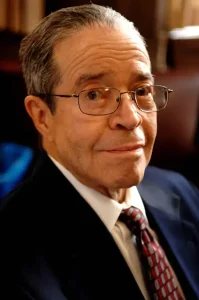
Katherine Johnson’s passion for mathematics began at an early age. She skipped several grades and began college courses at West Virginia University when she was 13!
After receiving her doctorate, she joined the National Advisory Committee for Aeronautics’ West Area Computing group. This group was composed entirely of Black American women who were human computational experts. These experts were called “computers” before the advent of modern mechanical computers.
In 1962, she provided the orbital entry and launch window calculations that enabled John Glenn’s orbit around Earth. She also provided calculations that coordinated the Apollo moon landing. In 2015, Johnson received the Presidential Medal of Freedom. The film Hidden Figures profiled her work.

Dr. Gladys West was born in 1930 on a small farm in Dinwiddie County, Virginia. From a young age, she saw getting an education as her ticket to freedom and a life away from the tiring farm work that consumed most of her childhood.
In high school, she was awarded a scholarship to attend Virginia State College. After receiving undergraduate and graduate degrees in mathematics, she accepted a job offer to work at a naval base in Dahlgren, Virginia.
Throughout her career, Dr. West manifested exceptional steadfastness. She never stopped learning and kept pushing herself to do the hard work. Her accomplishments laid the groundwork for the invention of one of the most indispensable technological wonders of the modern world, the Global Positioning System (GPS).

Fern Yvette Hunt’s expertise lies in applied mathematics and mathematical biology. She grew up in a housing project in New York City. Her junior high school chemistry teacher encouraged her to attend the Bronx High School of Science.
She majored in mathematics at Bryn Mawr College and continued her education with a master’s degree and PhD in mathematics from the Courant Institute of Mathematics at New York University. She currently works as a researcher at the National Institute of Standards and Technology, where she conducts research on the ergodic theory of dynamical systems.

The contributions of these brilliant Black mathematicians have shaped the fields of mathematics, science, and technology in significant ways. Their groundbreaking achievements continue to inspire future generations. From astronomy and engineering to game theory and computers, their work has left a lasting legacy.
Are you interested in helping your students reach their fullest potential and perhaps become the next mathematicians to go down in history? Check out our article on equity in education and learn how kinesthetic learning strategies can help every student succeed.
Ready to bring movement-based learning to your core subjects? Discover our Math and Literacy Kits, designed to ignite engagement and boost student achievement.
Our kits supplement your curriculum and provide comprehensive resources for:
Movement isn't just for recess
Want to get started with movement-based learning right now? Enter your email to get our training manual with over 250 active math movements. No materials necessary!




Subscribe to Our Newsletter
We never share or sell your data.
Please leave your email and a quick note for us. We will get back to you soon! In the meantime, here are answers to some of our most common questions:
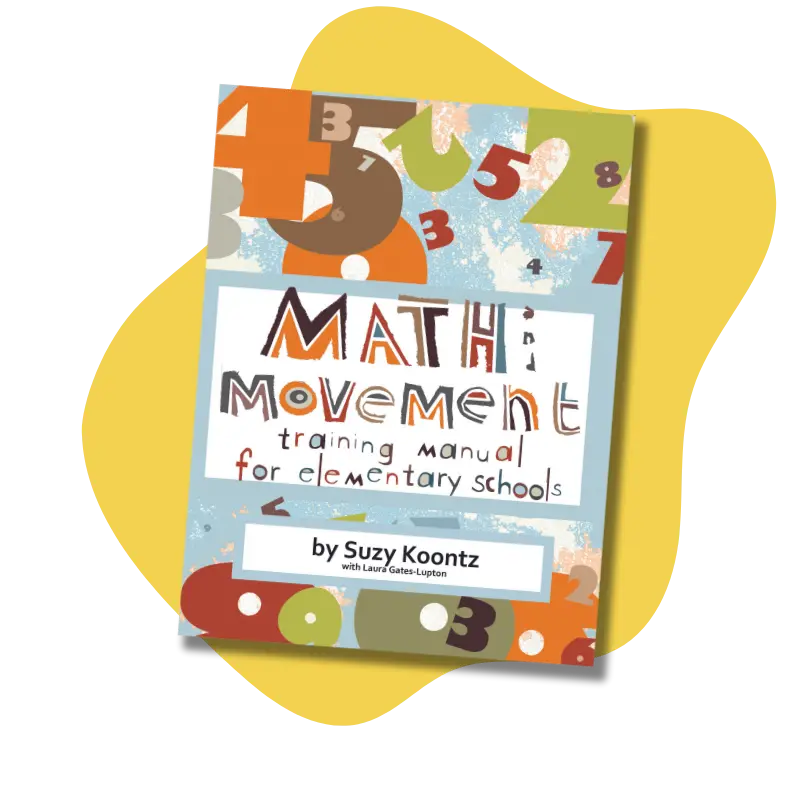
Enter your email to get our training manual with over 250 active math movements. No materials necessary!
We never share or sell your data.